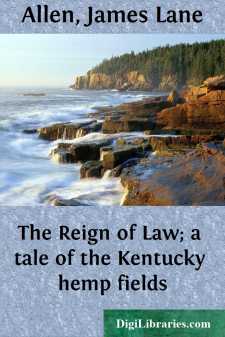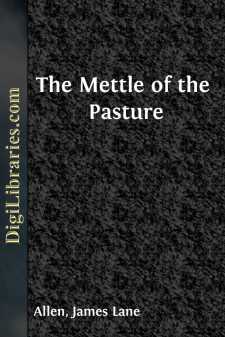Categories
- Antiques & Collectibles 13
- Architecture 36
- Art 48
- Bibles 22
- Biography & Autobiography 815
- Body, Mind & Spirit 144
- Business & Economics 28
- Children's Books 18
- Children's Fiction 14
- Computers 4
- Cooking 94
- Crafts & Hobbies 4
- Drama 346
- Education 58
- Family & Relationships 59
- Fiction 11834
- Games 19
- Gardening 17
- Health & Fitness 34
- History 1378
- House & Home 1
- Humor 147
- Juvenile Fiction 1873
- Juvenile Nonfiction 202
- Language Arts & Disciplines 89
- Law 16
- Literary Collections 686
- Literary Criticism 179
- Mathematics 13
- Medical 41
- Music 40
- Nature 179
- Non-Classifiable 1768
- Performing Arts 7
- Periodicals 1453
- Philosophy 65
- Photography 2
- Poetry 896
- Political Science 203
- Psychology 44
- Reference 154
- Religion 515
- Science 126
- Self-Help 85
- Social Science 82
- Sports & Recreation 34
- Study Aids 3
- Technology & Engineering 59
- Transportation 23
- Travel 463
- True Crime 29
Our website is made possible by displaying online advertisements to our visitors.
Please consider supporting us by disabling your ad blocker.
The Reign of Law; a tale of the Kentucky hemp fields
by: James Lane Allen
Description:
Excerpt
HEMP
The Anglo-Saxon farmers had scarce conquered foothold, stronghold, freehold in the Western wilderness before they became sowers of hemp—with remembrance of Virginia, with remembrance of dear ancestral Britain. Away back in the days when they lived with wife, child, flock in frontier wooden fortresses and hardly ventured forth for water, salt, game, tillage—in the very summer of that wild daylight ride of Tomlinson and Bell, by comparison with which, my children, the midnight ride of Paul Revere, was as tame as the pitching of a rocking-horse in a boy's nursery—on that history-making twelfth of August, of the year 1782, when these two backwoods riflemen, during that same Revolution the Kentuckians then fighting a branch of that same British army, rushed out of Bryan's Station for the rousing of the settlements and the saving of the West—hemp was growing tall and thick near the walls of the fort.
Hemp in Kentucky in 1782—early landmark in the history of the soil, of the people. Cultivated first for the needs of cabin and clearing solely; for twine and rope, towel and table, sheet and shirt. By and by not for cabin and clearing only; not for tow-homespun, fur-clad Kentucky alone. To the north had begun the building of ships, American ships for American commerce, for American arms, for a nation which Nature had herself created and had distinguished as a sea-faring race. To the south had begun the raising of cotton. As the great period of shipbuilding went on—greatest during the twenty years or more ending in 1860; as the great period of cotton-raising and cotton-baling went on—never so great before as that in that same year—the two parts of the nation looked equally to the one border plateau lying between them, to several counties of Kentucky, for most of the nation's hemp. It was in those days of the North that the CONSTITUTION was rigged with Russian hemp on one side, with American hemp on the other, for a patriotic test of the superiority of home-grown, home-prepared fibre; and thanks to the latter, before those days ended with the outbreak of the Civil War, the country had become second to Great Britain alone in her ocean craft, and but little behind that mistress of the seas. So that in response to this double demand for hemp on the American ship and hemp on the southern plantation, at the close of that period of national history on land and sea, from those few counties of Kentucky, in the year 1859, were taken well-nigh forty thousand tons of the well-cleaned bast.
What history it wrought in those years, directly for the republic, indirectly for the world! What ineffaceable marks it left on Kentucky itself, land, land-owners! To make way for it, a forest the like of which no human eye will ever see again was felled; and with the forest went its pastures, its waters. The roads of Kentucky, those long limestone turnpikes connecting the towns and villages with the farms—they were early made necessary by the hauling of the hemp....








